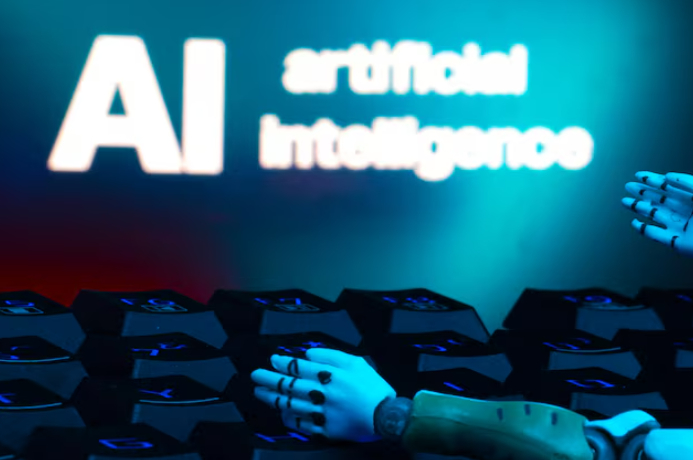
On May 12, 2025, the news that Chegg, an American online education giant, announced a 22% layoff was like a depth bomb that set off a huge wave in the education technology industry. This company, once known for its "student problem-solving artifact", has once again fallen into a survival crisis due to the impact of artificial intelligence after its market value evaporated by more than 80% in just two years. This layoff not only exposed the collective dilemma of the education technology industry in the wave of AI, but also reflected the complex game between human wisdom and machine intelligence in the knowledge transfer scenario.
When OpenAI's GPT-4 can generate standardized problem-solving ideas at a speed of 0.3 seconds, Chegg's proud advantage in the expert question bank instantly collapsed. The company's financial report shows that the number of student subscription users in the fourth quarter of 2024 fell by 37% year-on-year, while the number of ChatGPT education scenario users increased by 1,200% during the same period. Behind this rise and fall is the subversive reconstruction of the essence of educational services by AI technology.
The "content + service" dual-wheel drive model that educational technology companies have long relied on is particularly vulnerable to generative AI. The case of Chegg shows that when users can obtain similar or even better solutions through free or low-cost AI tools, the business logic of the paid subscription model is undergoing a fundamental shake. More fatally, AI's 24-hour instant response capability completely breaks through the time barrier of traditional online education.
CheggMate, launched in 2023, was once highly anticipated, but its actual effect was very different from expectations. Internal data shows that only 9% of students continue to use it for more than two weeks. The core problem is that AI cannot replace emotional interaction and critical thinking in education. When students asked "How to understand Shakespeare's tragic aesthetics", the standard answer provided by CheggMate suppressed the possibility of deep thinking.
This conflict between instrumental rationality and the essence of education is confirmed in the UNESCO 2024 report: 82% of educators around the world believe that AI should be used as a teaching aid rather than a substitute. Chegg's radical transformation strategy just ignores the indispensable humanistic dimension in the educational process. The company's CEO admitted in the layoff statement: "We mistakenly viewed AI as a solution rather than the problem itself that needed to be solved."
While Chegg was in trouble, Khan Academy achieved a 45% increase in users through AI empowerment. This contrast reveals the key path of educational technology transformation: from "content provider" to "learning experience designer". The practice of the emerging education platform Duolingo is more inspiring. It uses AI for personalized learning path planning, which increases user retention rate to 3 times that of the traditional model.
The future of the education industry will present a "dual track" development: the low-end market is fully taken over by AI, and the high-end market creates a premium through a hybrid model of AI + real tutors. The latest research from MIT shows that in classes using AI-assisted teaching, students' critical thinking ability is enhanced by 27%. This technology-enabled smart education model is reshaping the value curve of educational services.
Standing at the crossroads of the education revolution, Chegg's crisis warns all educational technology companies: the real challenge is not to resist the impact of AI, but to redefine the core value of human beings in education. When machines can perfectly replicate the efficiency of knowledge transfer, educators need to focus on the irreplaceable areas of creativity stimulation, value guidance and emotional connection. The ultimate answer to this change may be just as Audrey Azoulay, Director-General of UNESCO, said: "The future of education lies not in the competition between man and machine, but in learning to dance with machine."

Amidst the global wave of technological transformation, artificial intelligence (AI) has become a key focus of competition among major tech giants.
Amidst the global wave of technological transformation, art…
In January 2026, the remarks by US Treasury Secretary Besse…
Less than three weeks into 2026, transatlantic trade relati…
On January 17, 2026, the Trump administration, under the pr…
When Musk set the goal of achieving a launch frequency of m…
A week after the largest nationwide protests in years, the …